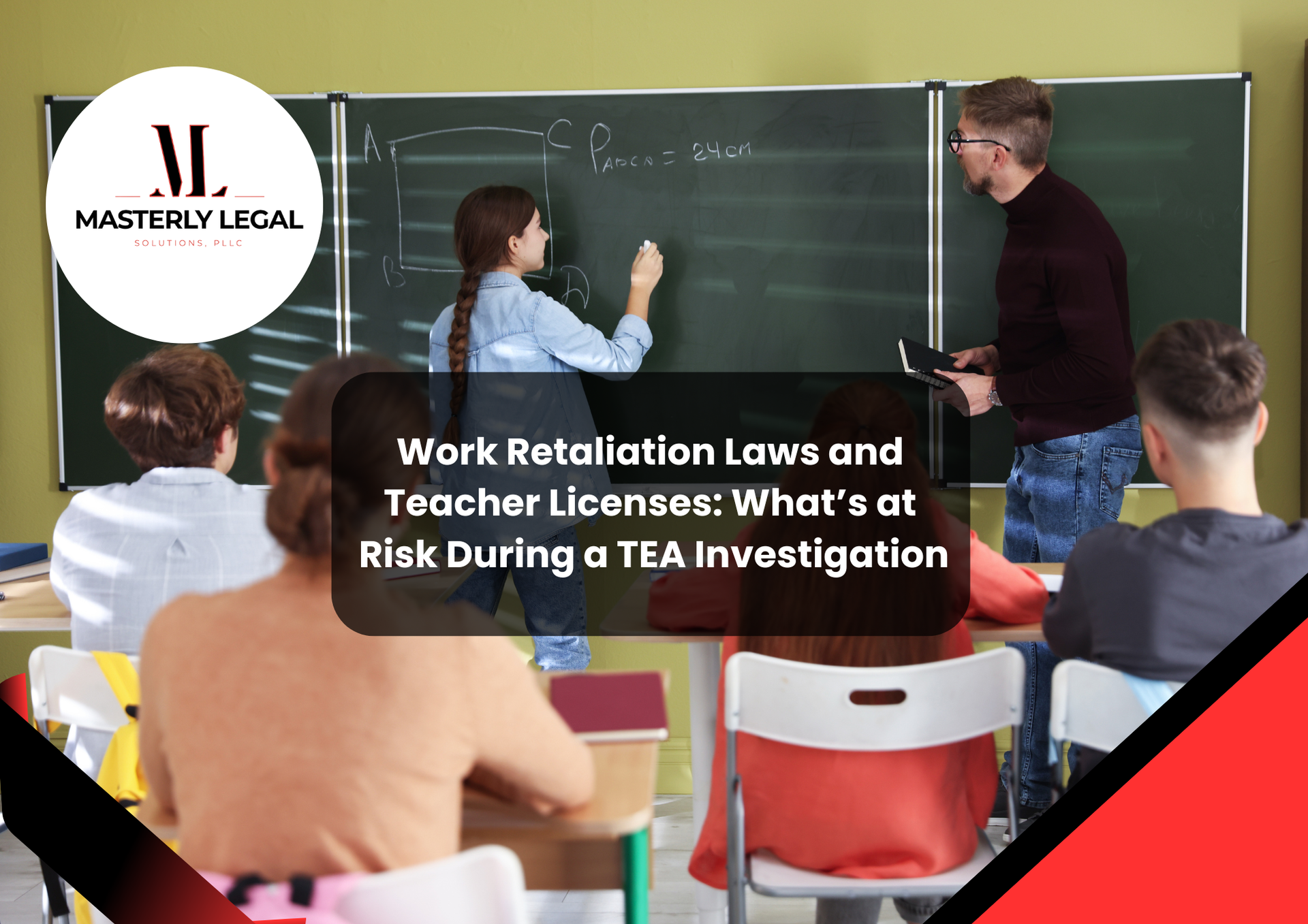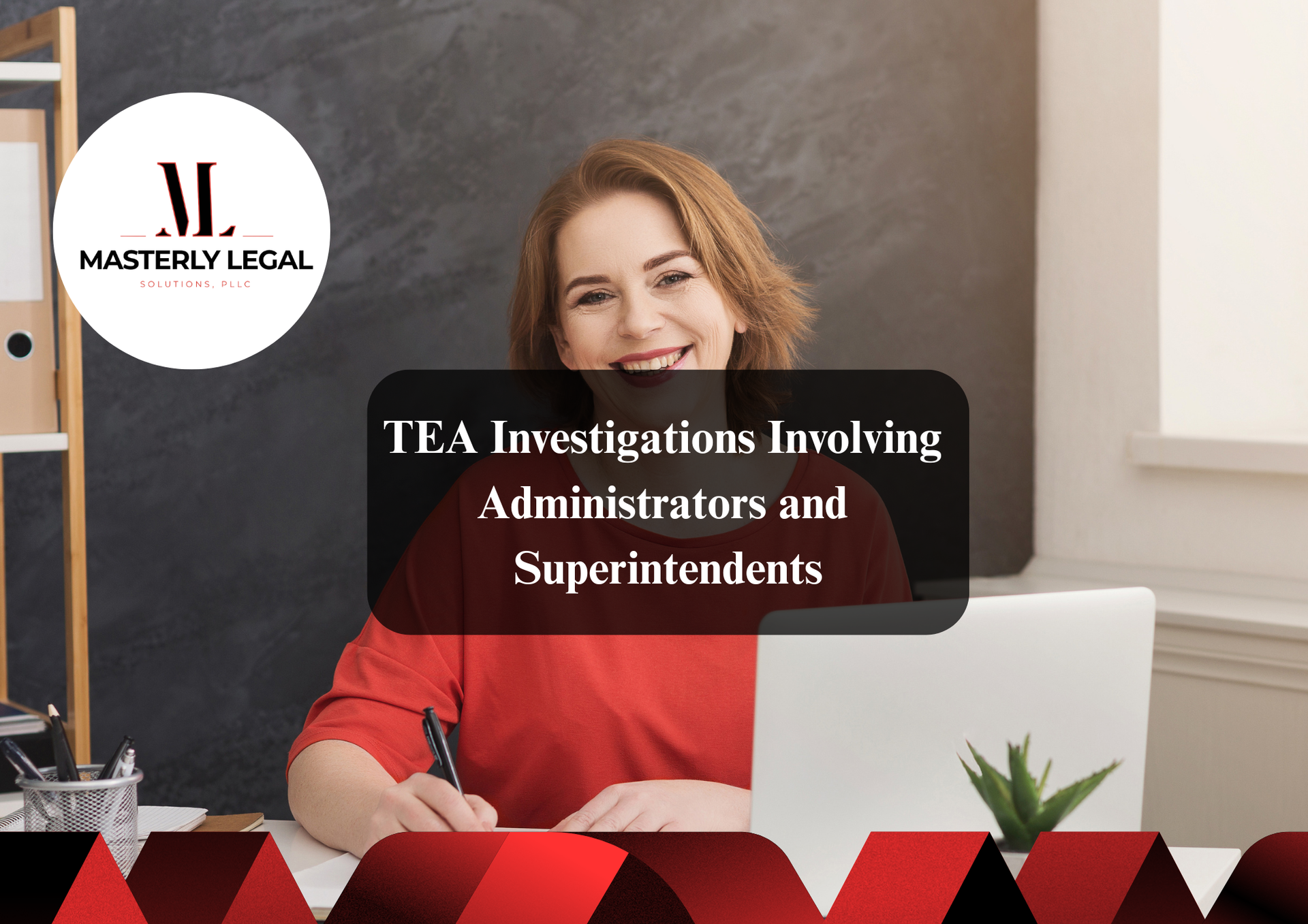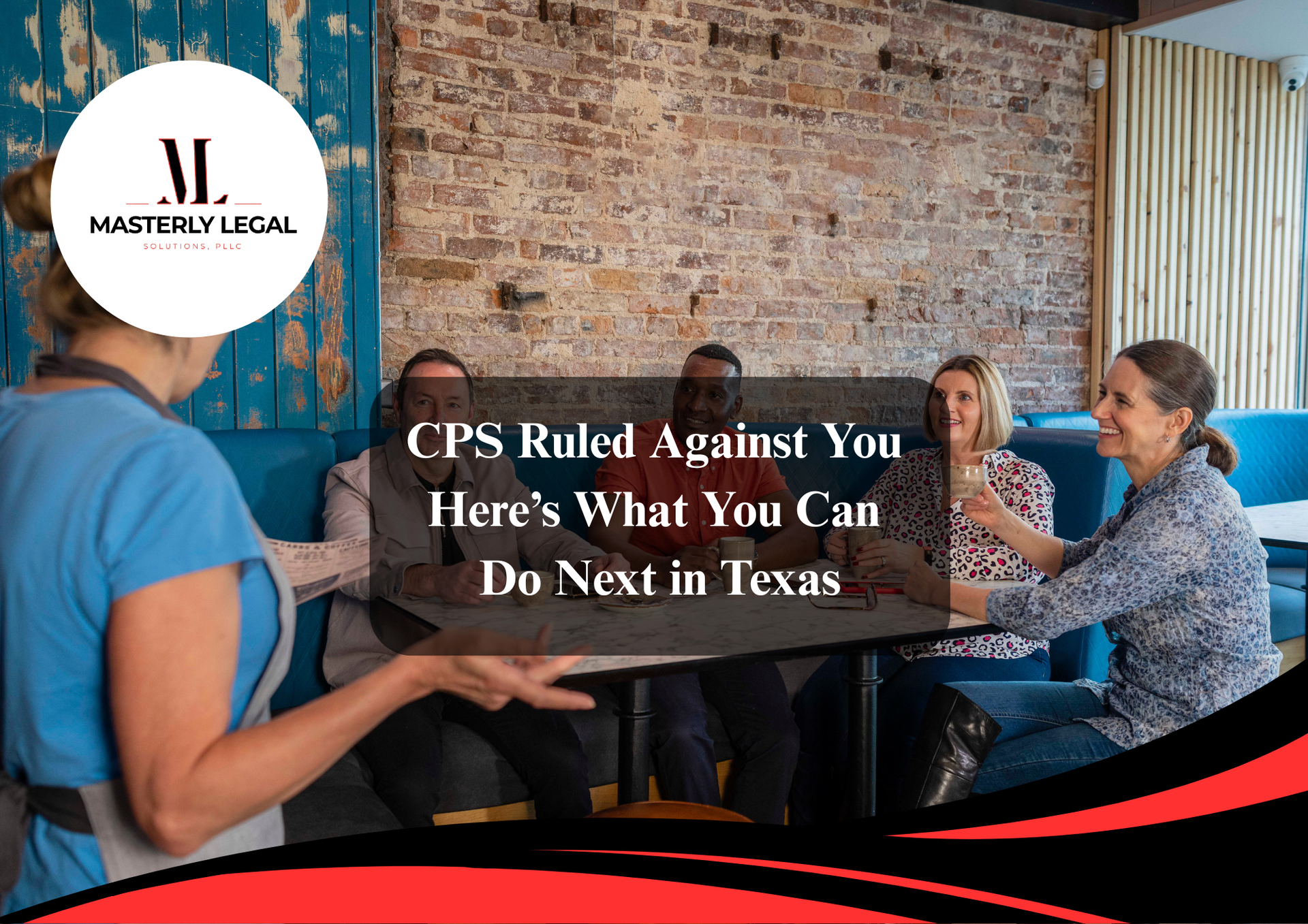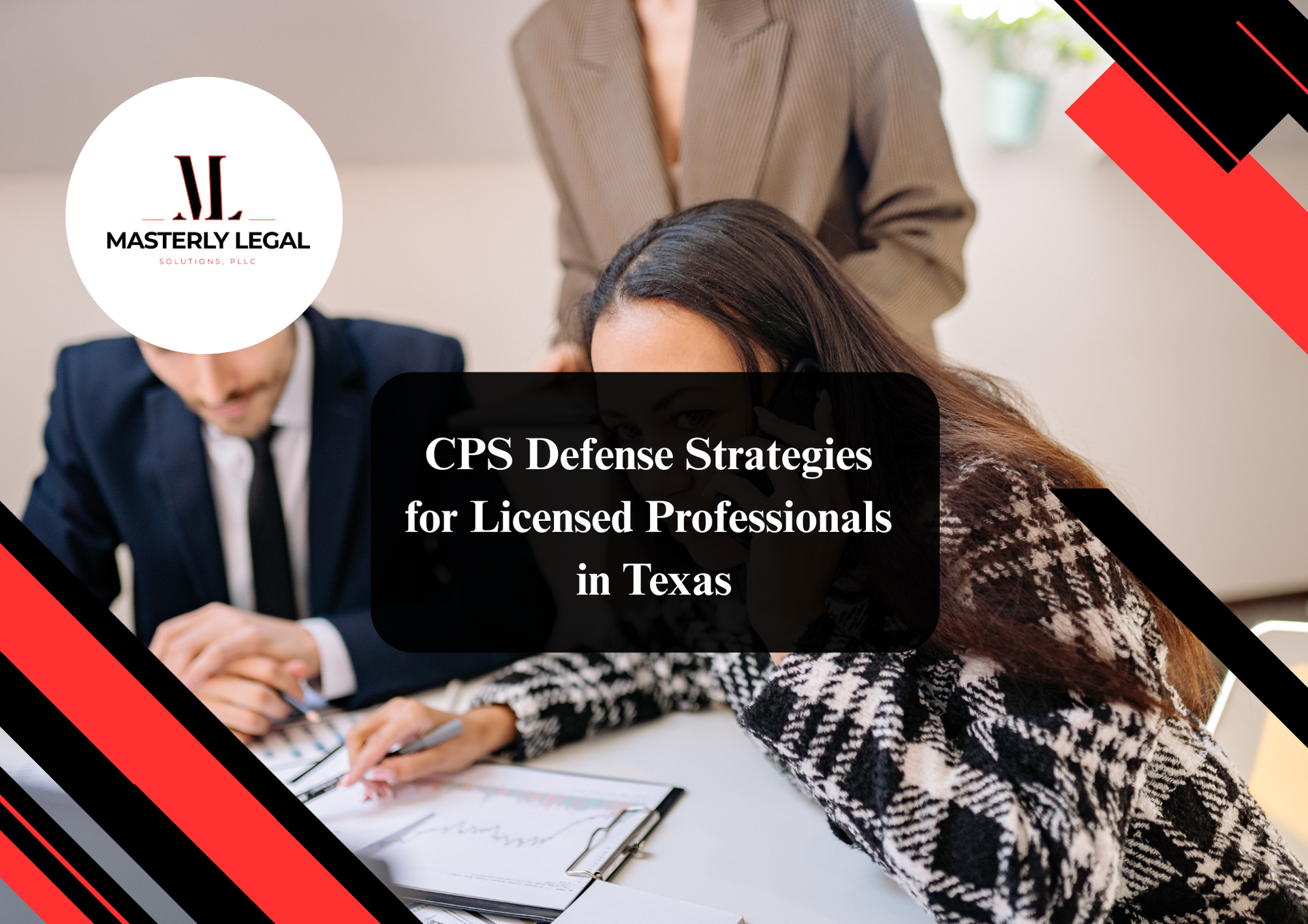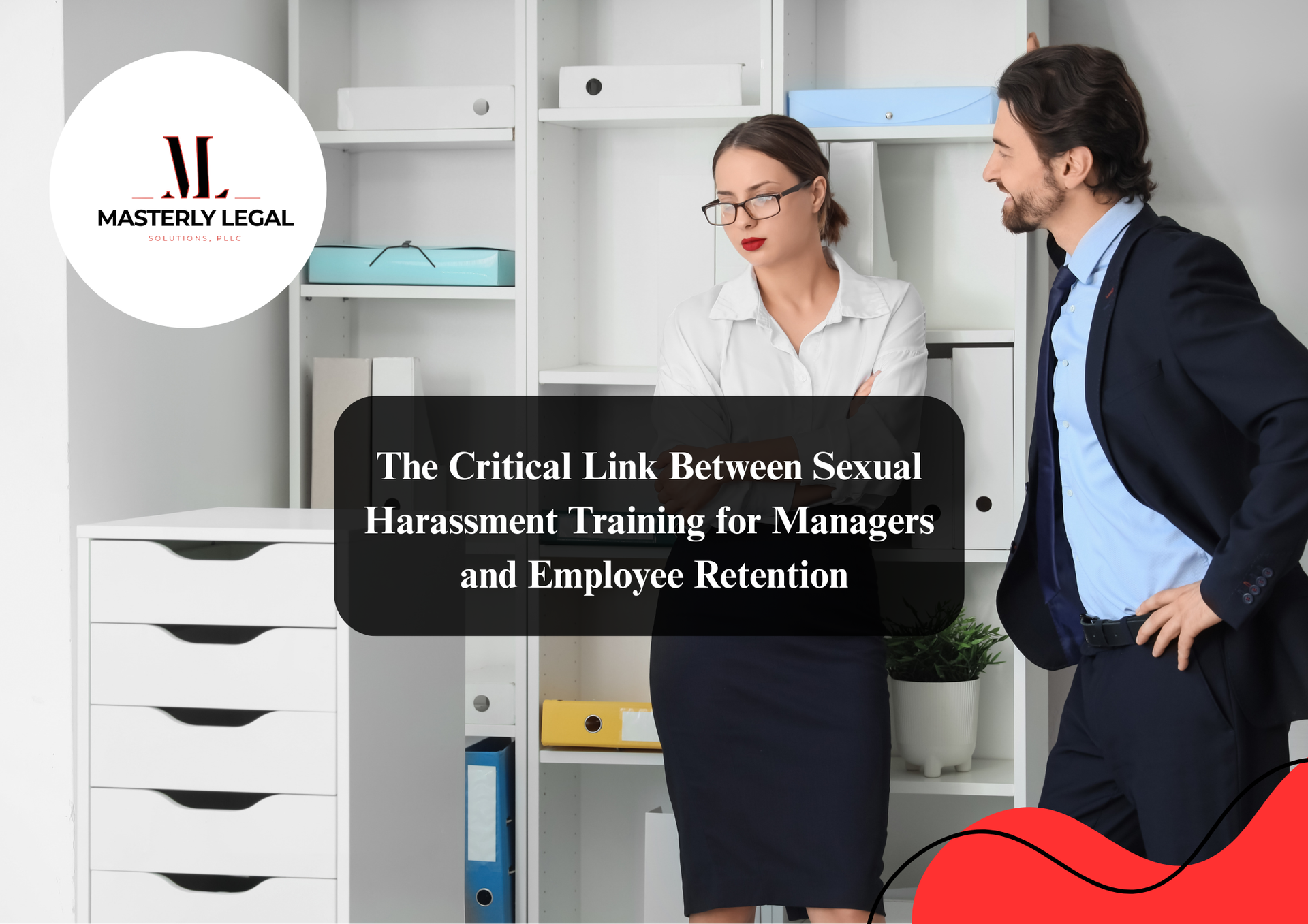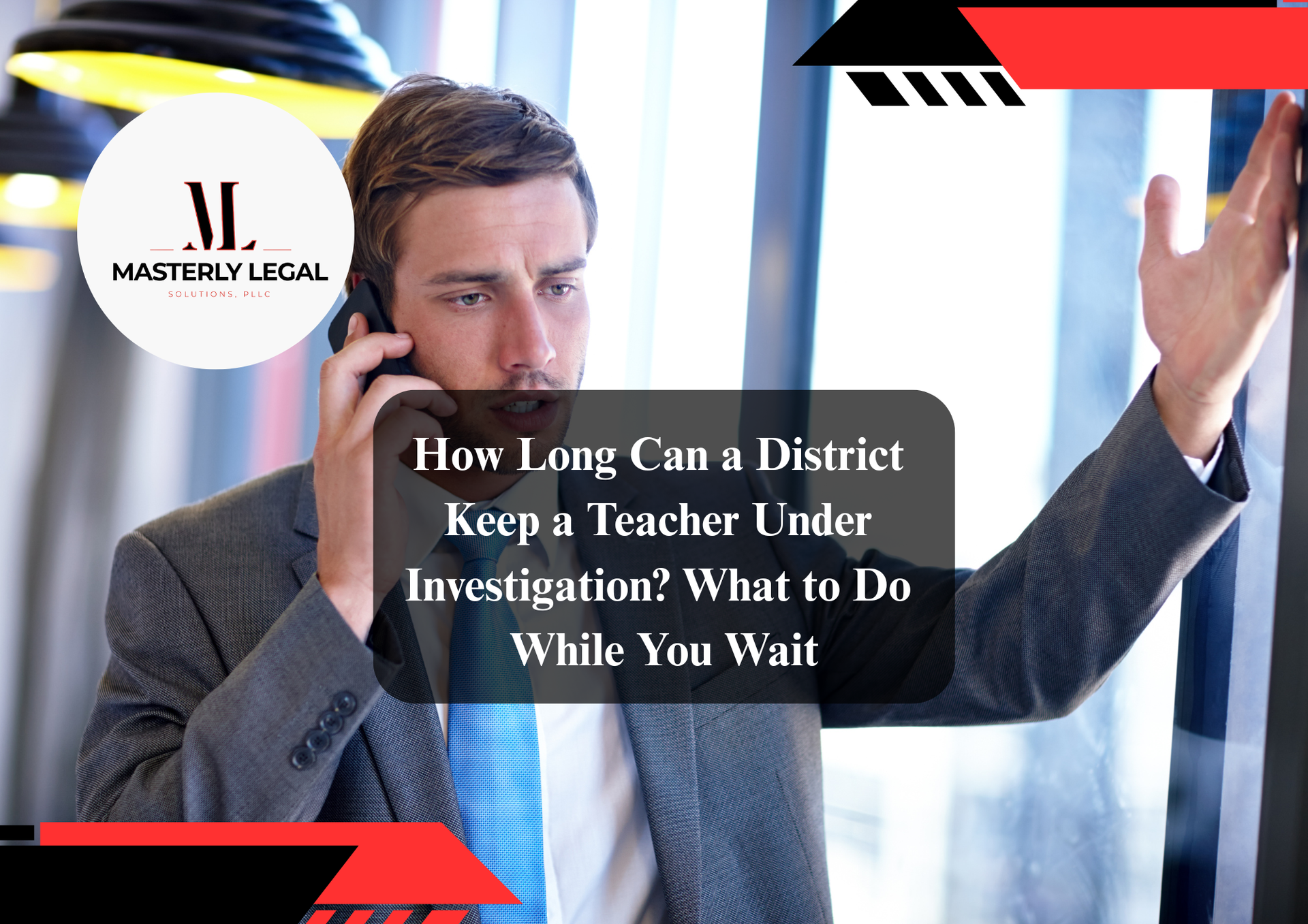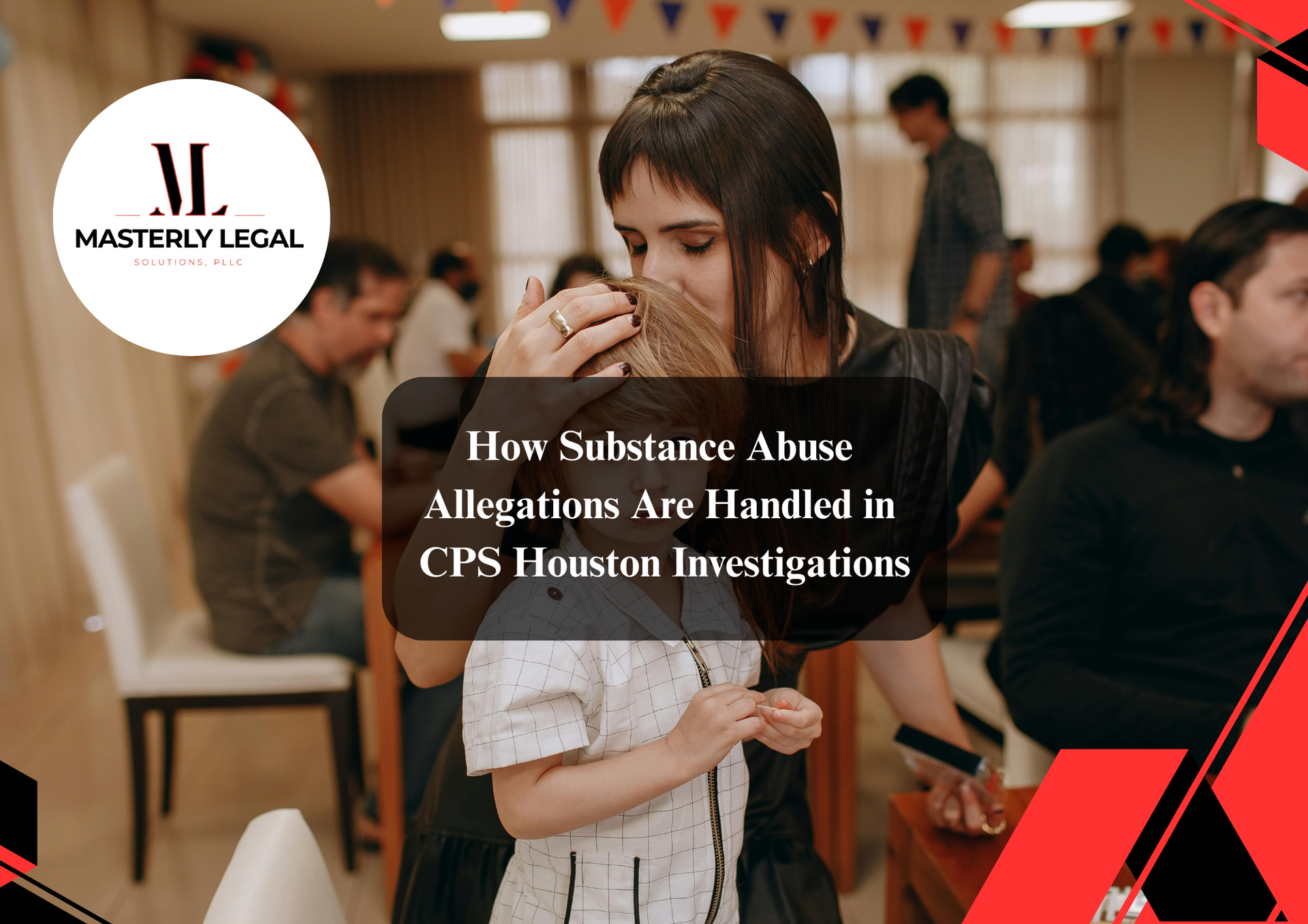The Critical First Steps Coaches Must Take During an NCAA Infractions Investigation
In the fast-paced world of collegiate athletics, a single NCAA inquiry can instantly shift a coach’s career from stability to uncertainty. Understanding the relationship between law, sport, and the expanding framework of sports law concentration programs in the law in the United States can make the difference between protecting your future and losing everything you’ve built. This article breaks down the earliest and most important actions every coach must take the moment an investigation begins. It’s worth reading because the first 48–72 hours often determine the trajectory of the entire case—your reputation, your employment, and your long-term career in college athletics may depend on what you do next.
Early Legal Actions and Foundational Steps in NCAA Infractions Defense
1. Understanding the Connection Between Law and Sport During NCAA Investigations
When an NCAA investigation begins, the intersection of law and sport becomes unavoidable. Coaches often find themselves facing complex procedures where athletic decisions collide with legal frameworks shaped by decades of regulations. In the world of sports law, every action during these early stages can influence the outcome of the case. Because collegiate athletics sit within both competitive and regulatory environments, the first hours are critical. The ability to recognize how law affects sport operations can determine whether a coach successfully navigates the process or becomes vulnerable to long-term consequences.
The relationship between law and sport becomes even more visible when compliance offices, investigators, and university attorneys become involved. Each division looks at the same situation through different lenses, which is why having a strategic understanding of legal principles matters. These early dynamics often set the foundation for how athletic programs respond to allegations, making a legally informed approach a necessity—not a luxury.
2. What Makes NCAA Infractions One of the Most Serious Issues in Sports?
NCAA infractions represent some of the most serious challenges in the entire field of sport because the consequences extend far beyond one game or season. Infractions can change a coach’s career trajectory, limit future employment opportunities, and permanently damage a program’s reputation. In many cases, the NCAA’s focus on maintaining fairness in amateur sports means even minor missteps grow into larger concerns. This makes the role of law essential when accusations arise.
The seriousness also stems from how NCAA rules operate within a broader network of sports law considerations. Issues involving player benefits, NIL activities, recruiting actions, or academic support quickly transform into legal matters affecting schools, coaches, and student-athletes. These situations require immediate attention because the longer a case remains unmanaged, the greater the risk for penalties that could impact scholarships, recruiting, or long-term competitive success.
3. How Sports Law Guides the First Steps Coaches Must Take
The first steps coaches must take during an investigation are consistently influenced by principles found in sports law. This area of law encompasses NCAA regulations, due-process rights, compliance standards, and the unique structure of college athletics. Coaches who understand these rules gain a significant advantage because they can act intentionally instead of reactively. That clarity often determines whether an investigation remains manageable or escalates.
This early reliance on sports law is why contacting a lawyer with experience in NCAA matters is crucial. Your attorney will explain how the NCAA gathers evidence, conducts interviews, and interacts with universities behind the scenes. They will also lay out early protections, helping coaches avoid the common mistakes investigators look for in the first stages. Without this guidance, coaches risk making statements or sharing information that could be misinterpreted later.
4. The Moment an NCAA Inquiry Arrives: What Coaches Need to Know About Law Issues
The moment a coach receives an NCAA inquiry, the situation instantly shifts from routine operations to a matter requiring immediate understanding of law issues. The inquiry may seem simple at first—a request for information, a notice of allegations, or a preliminary question from compliance staff. Yet each communication signals that the NCAA is monitoring something closely. Coaches must proceed thoughtfully because everything said or written from that moment forward can be used in the case.
The earliest phase is where misunderstandings happen most often. For example, coaches may believe they are simply clarifying details, when in reality, investigators interpret statements as evidence. A misunderstanding of law issues during these early conversations can be costly, which is why NCAA attorneys stress taking nothing for granted. In this environment, precision matters, and the law becomes the shield that protects coaches from missteps.
5. Questions Coaches Should Ask Their Lawyer at the Start of an NCAA Investigation
The first conversation with a lawyer after receiving notice of an NCAA investigation is one of the most important. Coaches should ask about the scope of the inquiry, what information investigators are allowed to request, and how the NCAA defines cooperation. Understanding these details helps coaches avoid actions that could appear noncompliant. These early questions also help establish the framework for the defense strategy.
Coaches should also ask their attorney how their university typically handles infractions cases, as every school has its own internal process. Some institutions adopt a collaborative method with the NCAA, while others take a more protective and cautious approach. Knowing which structure your school follows determines how your communications should be handled. Finally, coaches should ask what rights they have during interviews and what protections exist under NCAA procedures.
6. How Sports Lawyers Evaluate Early Evidence During Infractions Cases
The involvement of sports lawyers in the early stages of an investigation makes a major difference. Skilled attorneys immediately begin assessing what the NCAA is truly asking for versus what they are implying. Early evidence, such as text messages, practice logs, or recruiting communications, must be evaluated within the context of both NCAA rules and the broader structure of sports law. This dual analysis helps prevent misunderstandings that frequently occur when investigators interpret documents without context.
Attorneys also focus on identifying contradictions or unclear language within NCAA requests. Sometimes these ambiguities are strategic tools investigators use to see how coaches respond. Sports lawyers understand how to limit exposure, ensuring early evidence is presented in a way that protects the coach rather than unintentionally harming their case. By developing a clear understanding of what is actually relevant, they shield coaches from unnecessary risk.
7. The Role of Sport Management and Legal Strategy in an Infractions Response
In many cases, the combination of sport management and legal strategy forms the backbone of a coach’s defense in an NCAA case. Sport management principles help identify operational processes, chain-of-command issues, and documentation practices that may influence how infractions are interpreted. These elements often highlight institutional gaps rather than individual wrongdoing, providing valuable context for attorneys to use in the response.
Legal strategy builds upon sport management by examining how decisions were made, how responsibilities were assigned, and whether compliance expectations were clearly communicated. Attorneys evaluate whether the coach was reasonably following established procedures or whether systemic issues contributed to the allegations. This combined analysis ensures the defense is grounded not only in law but also in the realistic complexities of athletic operations.
8. How Antitrust and Tort Law Concepts Influence NCAA Enforcement Actions
Many coaches are surprised to learn that antitrust and tort law principles play indirect yet meaningful roles in NCAA enforcement. Antitrust concerns arise when rules appear to restrain trade, limit athlete opportunities, or unfairly restrict compensation. Tort law considerations emerge when accusations involve negligence, duty of care, or harm caused by procedural decisions. These legal ideas influence the NCAA because they affect how rules are written and how governing bodies justify enforcement.
Understanding these principles helps attorneys identify inconsistencies or overreach in the NCAA’s approach. For example, when investigators apply rules too broadly, antitrust concepts may suggest that certain restrictions violate the competitive structure of sport. By applying these legal foundations early, attorneys can challenge interpretations and push back against assumptions that disadvantage coaches.
9. What College Coaches Should Understand About Amateur Sports Rules
College coaches must recognize that NCAA investigations operate within the unique structure of amateur sports, where athletes are not treated the same as professionals. This difference influences how benefits, recruiting, and communication rules are enforced. Amateur sports systems require strict oversight, and the NCAA builds its entire enforcement model around maintaining fairness. Coaches should understand that even well-intended help can sometimes be interpreted as a violation.
This is why the earliest steps matter so much. If a coach misinterprets amateur rules or assumes certain exceptions exist, the NCAA may view their actions as intentional misconduct. Coaches who rely on legal guidance gain clarity that prevents missteps while ensuring their rights remain protected. The stakes are too high to rely on assumptions or outdated interpretations.
10. Managing NCAA Interviews: How Lawyers Protect Coaches From Missteps
NCAA interviews are high-risk moments where small errors can create major problems. An experienced lawyer ensures coaches understand the structure of the interview, the types of questions investigators commonly ask, and how statements may be interpreted. Coaches must remember that NCAA interviews are not casual conversations—they are formal procedures with long-term consequences. A legally informed approach makes a measurable difference.
Attorneys help coaches stay focused on facts, avoid speculation, and clarify statements that may otherwise appear misleading. They also monitor investigators’ phrasing to ensure fairness and prevent pressure tactics. By safeguarding the process, lawyers help coaches avoid missteps that often occur when individuals attempt to “explain too much” or speak without fully understanding the implications.
11. How a School of Law Perspective Helps Coaches Navigate Legal Issues in Sports
The academic framework of a school of law provides valuable insights into how rules, regulations, and interpretations influence outcomes in the sports world. Coaches who understand legal fundamentals are often better prepared to navigate NCAA challenges because they see how policies, standards, and procedural expectations are rooted in established legal disciplines. This perspective helps coaches understand how their actions are evaluated and how defense strategies develop.
From a broader standpoint, law schools teach concepts like due process, evidence evaluation, and regulatory compliance—all essential components of NCAA investigations. Coaches working with attorneys who have a strong academic background benefit from this structured understanding. It allows the defense to be more precise, more strategic, and more persuasive when responding to allegations.
12. The Hidden Traps in NCAA Procedures That Coaches Often Miss
NCAA procedures contain several traps that coaches rarely recognize without legal training. One example is the informal conversation trap, where small talk or casual clarification becomes evidence against the coach. Another is the documentation trap, in which investigators request information that appears harmless but contains language that can be misinterpreted. These problems emerge early and quickly.
Understanding these procedural traps ensures coaches do not unintentionally harm their own cases. Attorneys help identify where these traps tend to appear, educate coaches on how to avoid them, and create a structured approach to communication. This guidance ensures that procedural misunderstandings do not become damaging evidence.
13. How Sports Lawyers Association Standards Shape Best Practices for Defending Coaches
Organizations like the sports lawyers association help shape the standards and expectations within the field of sports law. Their guidance influences how attorneys representing coaches structure their defense strategies and how they approach investigations. These standards emphasize transparency, strategic communication, and a strong understanding of the sport landscape.
Coaches benefit from this because attorneys who follow association guidelines are equipped with best practices that reduce missteps. They understand how to balance cooperation with protection and how to navigate the complex ecosystem of NCAA procedures. The association’s insights indirectly protect coaches by elevating the level of legal representation available to them.
14. What Role Does Sport Management Play in Early Crisis Response?
Early crisis response relies heavily on the principles of sport management, especially when a program is balancing legal risk and operational stability. Coaches often underestimate how organizational structures—communications flow, reporting procedures, and administrative oversight—shape the direction of an NCAA case. These management systems help identify where miscommunication occurred and whether compliance expectations were clearly defined. That information later becomes essential for legal defense.
From a legal strategy perspective, sport management helps attorneys determine whether alleged violations were part of systemic problems or isolated misunderstandings. By mapping how responsibilities were distributed within the athletic department, attorneys can demonstrate that a coach acted reasonably based on the systems provided. This approach helps shift the focus away from individuals and toward broader institutional processes, which often reduces personal exposure.
15. How Labor Law, Intellectual Property, and Employment Law Influence NCAA Representation
Even though NCAA investigations focus on rules and regulations, underlying concepts from labor law, intellectual property, and employment law appear throughout the process. Labor law influences how coaches communicate with staff and athletes, especially regarding compensation, workload expectations, and workplace protections. Employment law becomes relevant when a coach’s contract or job security is affected by allegations.
Intellectual property considerations emerge in cases involving media content, social media, or NIL-related disputes. These concepts show how deeply interconnected legal disciplines are within the sports world. When representing coaches, attorneys must evaluate each of these areas to ensure that the defense strategy is comprehensive and that no rights are unintentionally waived. A strong understanding of these legal foundations protects coaches on multiple fronts during NCAA proceedings.
16. Understanding NIL, Likeness Rights, and Immediate Legal Risks
The rapid growth of NIL opportunities changed amateur athletics forever, and coaches must understand the legal boundaries associated with likeness rights. NIL agreements often intersect with NCAA rules, state laws, and university policies. Because of this complex overlap, even well-intended communication between a coach and an athlete can create legal risks if not handled carefully. Investigators now pay close attention to how coaches discuss NIL with players.
The key is understanding where institutional support ends and where improper involvement begins. A coach who unknowingly advises a student-athlete on NIL compensation could trigger an investigation, even if no benefit was exchanged. This is why early legal guidance is essential. Attorneys help coaches understand the line between education and involvement, ensuring they maintain compliance while supporting their athletes effectively.
17. How Contract Law and Contract Negotiations Become Critical During Investigations
When an NCAA investigation begins, contract law immediately becomes important because a coach’s employment agreement often determines their rights and protections. Terms involving due process, termination clauses, and cooperation requirements can dramatically alter the trajectory of the case. Understanding the legal weight of these clauses helps coaches avoid being pressured into unfair decisions.
This is also where contract negotiations play a major role. If a coach is in the middle of renegotiating terms when allegations arise, the investigation may influence leverage, salary discussions, or buyout protections. Attorneys use sports law knowledge to guide negotiations, ensuring coaches do not lose contractual advantages simply because of procedural uncertainty. The negotiation phase becomes a key moment for reinforcing job security.
18. Why Arbitration and Mediation Appear in NCAA-Related Legal Conflicts
Although NCAA cases are not always formal legal battles, disputes arising from investigations can lead to arbitration or mediation, especially when employment rights or reputational damage is involved. Arbitration is commonly used in the broader field of sports law because it offers a structured and efficient way to resolve conflicts without going to court. Many coaching contracts explicitly require arbitration for employment disputes.
Mediation also appears when universities want to avoid negative publicity or resolve conflicts internally. Attorneys help coaches prepare for these processes by building strong documentation, clarifying procedural concerns, and negotiating favorable outcomes. These alternative methods often result in quicker resolutions, helping coaches return to their careers with fewer long-term consequences.
19. How NCAA Investigations Affect Professional Athletes and College Sports Culture
Although NCAA inquiries primarily focus on college environments, the outcomes frequently influence the pathways of professional athletes who were once under a coach’s leadership. Infractions cases can impact recruiting reputation, competitive advantages, and the culture of college sports programs. Because of this, coaches must recognize how quickly consequences spread beyond the immediate investigation.
The ripple effect often reaches into professional sports environments, where scouts, agents, and organizations monitor program stability. If an investigation undermines a program’s credibility, athletes may face reduced exposure, and coaches may struggle to rebuild trust. This interconnected nature of amateur and professional sports demonstrates how influential the early legal steps truly are.
20. Navigating Legal Issues That Involve Media Rights, Trademark, and Sports Organizations
Modern athletics involve complex media rights, branding elements, and trademark considerations. NCAA investigations can affect how these rights are used, especially when promotional content or athlete imagery is involved. Coaches sometimes unknowingly contribute to legal vulnerability when they participate in content that blurs the line between institutional branding and athlete likeness.
Additionally, sports organizations partner with universities in various ways, and any investigative disruption can complicate these relationships. Attorneys help coaches navigate these legal issues by reviewing communication patterns, ensuring compliance with media agreements, and preventing misunderstandings that could escalate into larger disputes. This oversight is essential in maintaining program stability during investigations.
21. What International Sports and Global Governing Bodies Teach Us About NCAA Enforcement
The structure of NCAA enforcement mirrors the rules and accountability systems used in international sports organizations. Entities like the international olympic committee and similar governing bodies emphasize compliance, transparency, and athlete welfare—all concepts that appear in NCAA decision-making. Understanding these global standards gives coaches insight into how investigations are handled.
These comparisons help attorneys craft more effective strategies because they reveal broader patterns in regulatory enforcement. Coaches gain clarity on how to respond to allegations, how to communicate professionally, and how governing bodies interpret responsibility. By applying these international insights, legal teams strengthen the credibility and depth of their defense.
22. Understanding the Field of Sports Law and Its Application in College Athletics
The field of sports law covers everything from NCAA rules to media contracts, employment rights, and antitrust frameworks. When coaches face investigations, all of these areas may become relevant. Understanding how sports law applies to college athletics helps clarify why early legal steps matter so much and why mistakes can have long-lasting consequences.
Attorneys use the field of law to guide coaches through interviews, evidence collection, compliance expectations, and communication strategies. Because NCAA rules operate as regulatory frameworks rather than traditional legal codes, this combination of law and sport becomes essential. Coaches who embrace this understanding strengthen their chances of a positive outcome.
23. How Legal Disciplines Applied in the Sports Industry Impact NCAA Defense Strategies
The broader sports industry relies on multiple legal disciplines applied across contracts, governance, compliance, and competition regulations. NCAA investigations draw from many of these same principles, requiring attorneys to integrate legal knowledge from different fields. This interdisciplinary approach ensures that no aspect of a coach’s situation is overlooked.
For example, media law, employment law, and antitrust concepts may all influence the interpretation of certain actions. These fields help attorneys build a stronger, more nuanced defense by identifying legal protections other stakeholders may not consider. The depth of this analysis can significantly improve the coach’s standing during reviews.
24. Preparing Coaches for Compliance Reviews and Internal Management Audits
Compliance reviews and internal audits often occur simultaneously with NCAA investigations. These processes highlight strengths and weaknesses within athletic programs, providing crucial context for legal defense. Coaches must be prepared to explain how decisions were made, how responsibilities were distributed, and how existing systems guided their actions.
Attorneys help coaches organize relevant documents, clarify communication patterns, and correct any misconceptions that might arise during the audit. These early preparations ensure that coaches present themselves professionally, confidently, and consistently—key qualities investigators look for when evaluating credibility.
25. Building a Strong Legal Defense With Support From a Sports Agent or Sports Law Firm
In high-stakes cases, coaches often work alongside a sports agent, an attorney, and sometimes an entire firm specializing in sports law. This coordinated approach ensures that contractual obligations, public reputation, and legal rights are all protected simultaneously. Agents help manage communication with the public and athletic organizations, while attorneys handle the legal strategy.
The combination is powerful because it brings together industry knowledge, legal precision, and negotiation experience. Coaches benefit from having multiple advocates working toward the same goal—protecting their careers, reputations, and long-term opportunities. For many clients, this combined support becomes a defining factor in securing favorable outcomes.
26. The Essential First Steps Coaches Must Take to Protect Their Careers During NCAA Infractions Cases
The earliest steps in an NCAA investigation often determine the entire trajectory of the case, which is why coaches must respond strategically. The most important action is contacting an attorney immediately so the coach receives guidance before making any statements. Coaches must also limit communication, document all interactions, and maintain strict compliance with institutional procedures.
These first decisions influence everything that follows—from interviews to evidence interpretation and procedural outcomes. A proactive, legally informed approach helps coaches avoid missteps, protect their reputation, and preserve their standing within the field of sports law. When handled correctly, the early phase becomes the foundation for a strong and effective defense.
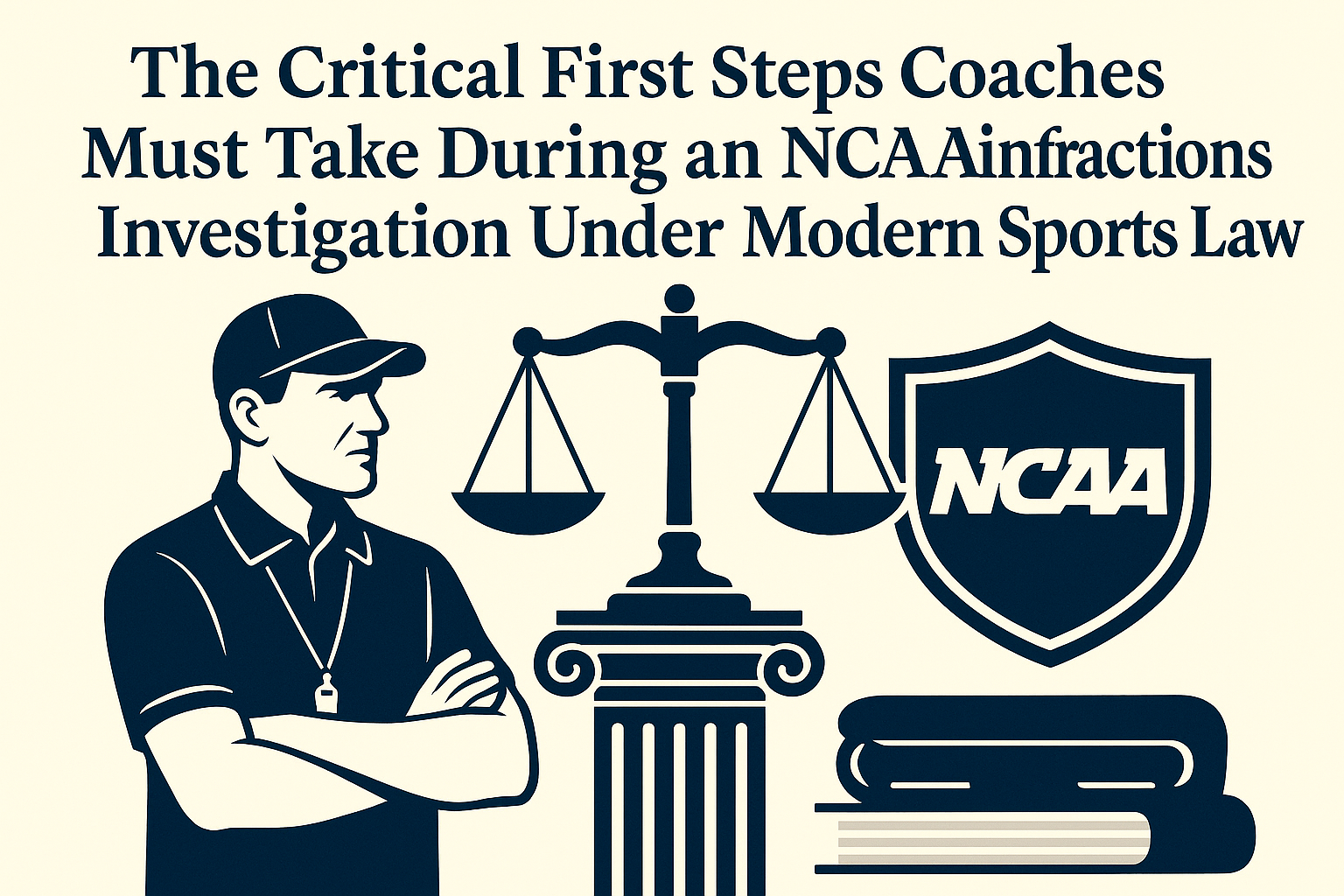
Most Important Things to Remember
Here is a concise summary of the essential points coaches must act on the moment an NCAA infractions investigation begins:
- Contact an experienced attorney immediately to avoid early missteps that investigators may later interpret unfavorably.
- Control communication—never answer questions, send emails, or clarify facts without legal guidance.
- Preserve all documents and messages related to the allegations, including texts, recruiting logs, video sessions, and compliance communications.
- Understand your contractual rights, including cooperation clauses, due-process protections, and employment safeguards.
- Prepare strategically for interviews by reviewing facts thoroughly and focusing on accuracy rather than speculation.
- Identify institutional structures that influenced decisions—sport management, compliance processes, or unclear reporting expectations.
- Recognize NIL, intellectual property, and employment law implications that may appear even when you believe your actions were routine.
- Stay aligned with your legal team at every step, ensuring your defense is consistent, credible, and grounded in sports law fundamentals.
These steps create the foundation for a strong response and help protect both your career and your future in the field of collegiate athletics.
Guidance for Coaches Who Need Immediate Help
Navigating an NCAA infractions investigation is not something any coach should face alone. The stakes are high, the rules are complex, and a single misinterpreted sentence can change the entire direction of a case. At Masterly Legal Solutions, we understand that your reputation, your livelihood, and your future in the world of sport depend on what you do in the earliest days of an inquiry.
Our team—led by a former NCAA Division I coach and recognized authority in sports law—brings both legal experience and firsthand knowledge of the pressures coaches face. We help you make the right decisions from day one, guiding you through interviews, documentation, compliance procedures, and defense strategy with the precision and urgency these situations demand.
If an investigation has started, or even if you suspect one may be forming, now is the time to protect yourself. Early action is not just helpful—it is critical.
Exploring the Field of Sports Law
Sports law is a dynamic area that encompasses various legal disciplines, including antitrust law, labor and employment law, and intellectual property law. This field is crucial for managing the legal aspects of professional sports leagues, intercollegiate sports, and the business side of sports.
Law students interested in sports and entertainment law can find specialized sports law programs that provide a comprehensive understanding of legal and regulatory issues in the sports industry. These programs often cover topics such as negotiating contracts, players' rights, and the rules and regulations set by governing bodies.
Sports lawyers may represent professional athletes and coaches, ensuring that their rights, such as the right of publicity, are protected. They also work with sports venues and organizations like the United States Olympic Committee, navigating the complex landscape of sports-related legal challenges.
Additionally, sports law conferences offer valuable networking opportunities for those looking to connect with professionals in the field. Understanding the intersection of sports law and entertainment law, particularly regarding intellectual property, is essential for legal practitioners in this area.
As the sports industry continues to grow, so does the need for qualified sports lawyers who can address the unique challenges faced by players and owners alike. Whether it's through an online master's program or elective courses at law society, aspiring lawyers can gain the expertise necessary to thrive in this exciting field.
In conclusion, sports law is an essential area that impacts various stakeholders in the sports business, from major league baseball players associations to the legal frameworks governing sports venues. By studying this field, law students can prepare for rewarding careers that contribute to the evolving landscape of sports and entertainment.
Contact Us for a Free Consultation
If you have questions, concerns, or find yourself facing unexpected inquiries from the NCAA, we are here to help you take control of the situation immediately. Reach out to Masterly Legal Solutions at (972) 236-5051 for a free consultation. One conversation can give you clarity, direction, and the support you need to protect your coaching career and move forward with confidence.
Disclaimer: This article is provided for educational purposes only and does not constitute legal advice. Every situation is different, and you should consult directly with an attorney for guidance about your specific circumstances.
Looking for Legal & Business Solutions? Contact Us Now
Fill in the form or call us to set up a meeting

